Category: Political Science
-
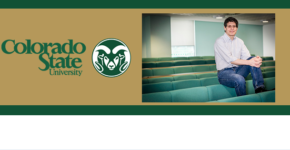
Steven Pressman, Colorado State University – Struggling US Middle Class
The middle class is shrinking. Steven Pressman, professor of economics at Colorado State University, delves into what defines the middle class and how it has been affected in recent years. Steven Pressman is Professor of Economics at Colorado State University, in Fort Collins, Colorado and Emeritus Professor of Economics and Finance at Monmouth University in…
-
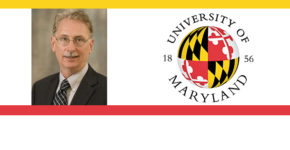
Gary LaFree, University of Maryland – Preventing Terrorist Attacks
Why have we failed to stop recent terrorist attacks around the world? Gary LaFree, professor of Criminology and Criminal Justice at the University of Maryland, examines this question. Gary LaFree is Professor of Criminology and Criminal Justice and Director of the National Consortium for the Study of Terrorism and Responses to Terrorism (START) at the…
-
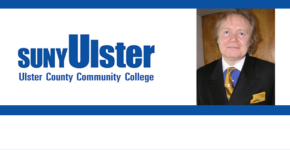
Ray Raymond, SUNY Ulster – Balanced Internationalism
Navigating the world is becoming more complicated for the U.S. Ray Raymond, professor of government and history at the State University of New York Ulster, has four lessons for the country to heed. Dr. Ray Raymond is a former British diplomat who held a Post-Doctoral Fellowship at Yale University in American History. He is Associate…
-
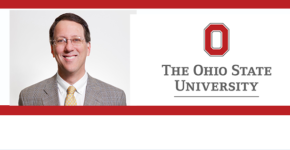
Jay Zagorsky, The Ohio State University – The Importance of the Census
The census can have far reaching implications. Jay Zagorsky, economist and research scientist at The Ohio State University, explores why we should care about bean-counting our population. Since 1995 I have held the position of Research Scientist at The Ohio State University, where I collect data as part of the National Longitudinal Surveys on income,…
-
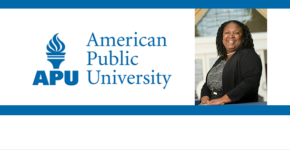
Marie Gould Harper, American Public University – Family Leave Policies
Is a new family leave policy on the way? Marie Gould Harper, professor of management in the American Public University School of Business, examines President Trump’s plan and whether we should look to other sources for this benefit. Dr. Marie Harper holds a master’s in instructional systems from Pennsylvania State University, and a doctorate of business…
-
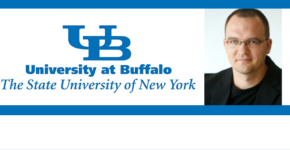
Ivan Dylko, University at Buffalo – Personalized News Feeds
Should we customize our news feeds? Ivan Dylko, assistant professor in the department of communication at the University at Buffalo, explores whether curating is a good idea or part of the problem. Dr. Dylko is interested in the nature and political effects of Internet-based information and communication technologies (ICTs). In his research, Dr. Dylko uses…
-
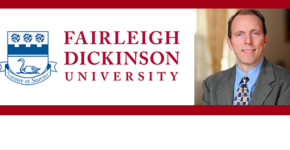
Bruce Peabody, Fairleigh Dickinson University – Heroes
Who is your hero? Bruce Peabody, professor of political science at Fairleigh Dickinson University, explains what heroism teaches us about the divide between elite and public opinion. Professor Peabody’s research interests include American heroism, constitutional reform, judicial independence, the separation of powers, law and politics, and popular culture. His work has appeared in scholarly journals,…
-
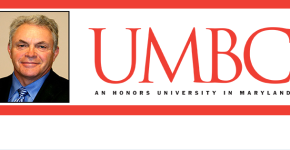
John Rennie Short, University of Maryland Baltimore County – Public Transportation
How do we get more people on the bus? John Rennie Short, professor of public policy at the University of Maryland Baltimore County, examines how public transportation fits better into the future of our cities. Professor, author and renowned public speaker, John Rennie Short is an expert on urban issues, environmental concerns, globalization, political geography…
-
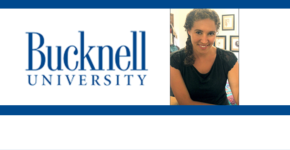
Joanna Huxster, Bucknell University – Partisan News’ Impact on Climate Change Perception
Is the partisan divide on climate change due to some portions of the media? Joanna Huxster, postdoctoral research fellow at Bucknell University, looks into whether there is an alternative view of the situation. Joanna earned her Ph.D. in Marine Studies with concentrations in marine policy and climate change communication at the University of Delaware. Her…
-
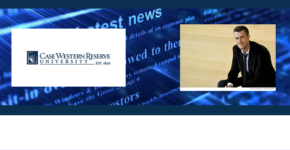
John Broich, Case Western Reserve University – 1984
1984 is back on the bestseller lists. John Broich, associate professor in the department of history at Case Western Reserve University, determines the reasons behind reader’s renewed interest in the Thought Police. John Broich is a British Empire historian. He has written on environmental history, the history of race and empire, Royal Navy history, and…
